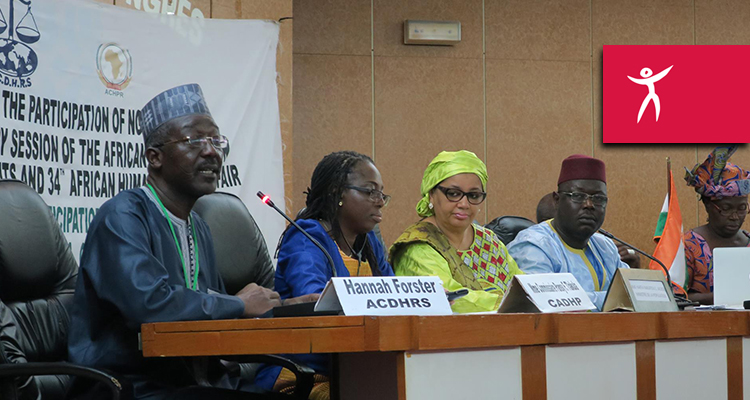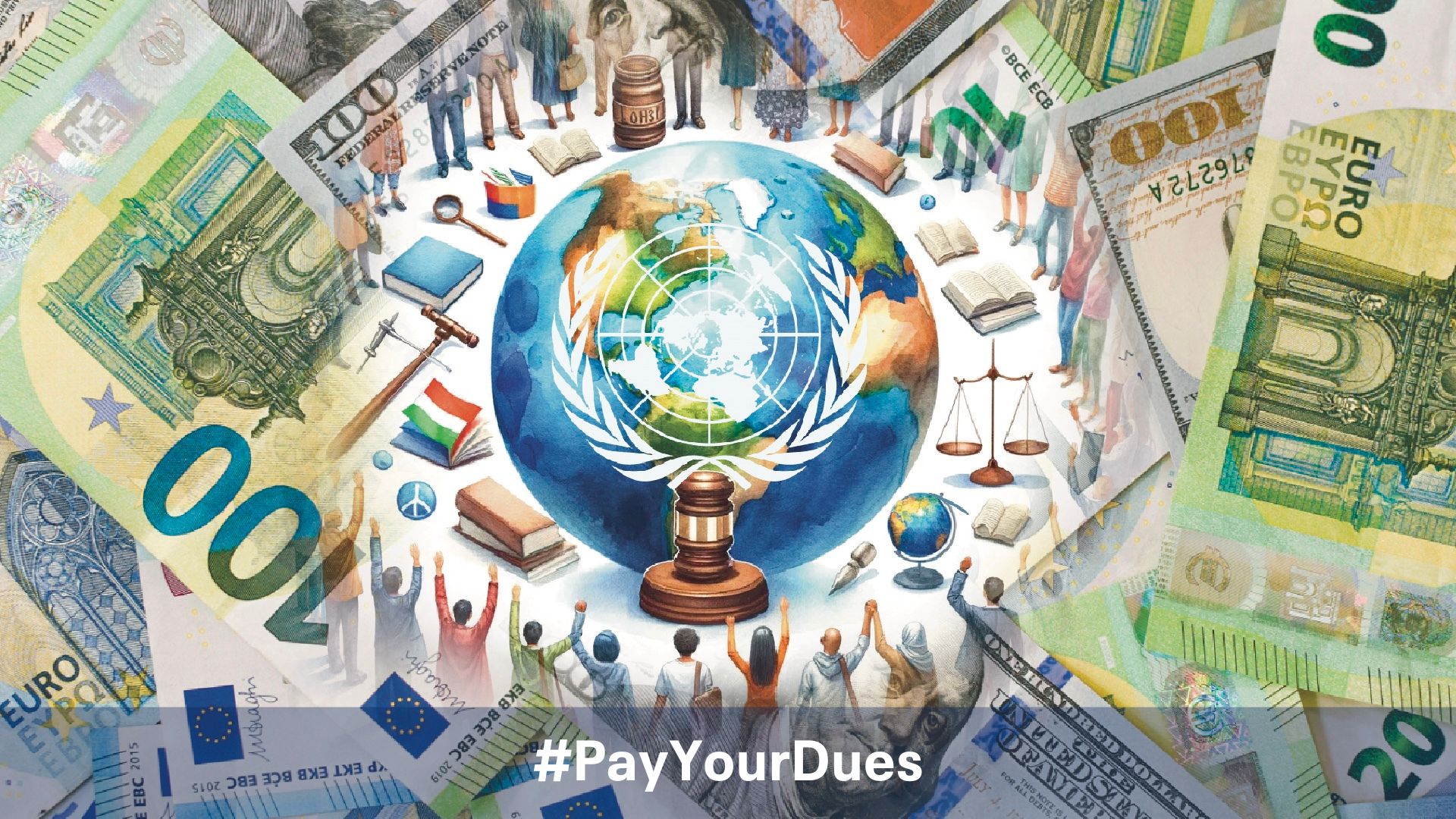This central theme is related to the implementation status of the African Youth Charter. The objective of the NGO Forum is to foster closer collaboration among NGOs and the ACHPR for the purpose of promoting and protecting human rights in Africa, prior to the ACHPR ordinary sessions. The focus of the NGO Forum was ‘Engaging young people, especially women in human rights and democracy in Africa’. This central theme is related to the implementation status of the African Youth Charter. The objective of the NGO Forum is to foster closer collaboration among NGOs and the ACHPR for the purpose of promoting and protecting human rights in Africa, prior to the ACHPR ordinary sessions.
Human rights defenders
Defenders from Kenya explained that police brutality was on the rise during peaceful protests and that excessive force had been used by security agents to disperse protestors. They added that extra judicial executions were of concern, citing the case of human rights defender Willy Kimani.
NGOs deplored that Ethiopia’s state of emergency still exists and ultimately limits the ability for defenders and CSOs to freely assemble and express themselves. The NGO Forum called on the ACHPR Commissioners to follow up on the 59th ordinary session’s resolution 356 and give feedback on measures taken to look into the human rights situation in Ethiopia.
The situation in Burundi and South Sudan remains a big concern. Despite the international community efforts to mitigate the crisis in these countries, the situation is deteriorating. The NGO Forum called on Burundian authorities to cease attacks against journalists and defenders and to cooperate with the UN commission of inquiry and implement the recommendations from both UN and African Commission reports.
Governments with elections this year – such as Angola, Rwanda, Kenya and the Democratic Republic of Congo – were encouraged to respect the rights of their youths to vote and that of civil society and human rights defenders to assemble peacefully and associate freely.
Maputo Protocol side event
The Centre for Human Rights at the University of Pretoria hosted a side event on the margins of the NGO Forum. Their panelists, including Commissioner Lucy Asuagbor, discussed the importance for Niger to ratify the Maputo Protocol. ‘As of 10 May 2017, 38 out of 54 Member States have ratified the Maputo Protocol. 16 are yet to ratify it and these include Niger,’ the Commissioner explained. The representative from the Ministry of Women shared measures taken to promote and protect women to date. These included:
– the mainstreaming of gender in the national action plan
– 15% of women holding decision making positions in government and
– the 2014 revision of the citizen code to allow women to legally transfer citizenship to their children and/or spouse.
Defenders from Niger welcomed these steps. They also expressed that more needed to be done and that the Maputo Protocol, once ratified, would be a useful benchmark to assess the real progress made. Defenders also highlighted the current development of the national protection law for human rights defenders. They explained that this law should include a provision to protect the needs of women human rights defenders.
Participants from Niger cautioned the panelists about how the cultures and religions in Niger have moral and cultural codes to protect women. ‘The Maputo Protocol once read in its entirety is framed in a way that allows it to meet the contextual needs of women and children in Africa,’ said Commissioner Lucy Asuagbor.
Contact: Clément N. Voule, Director of African Advocacy, ISHR, on [email protected]




